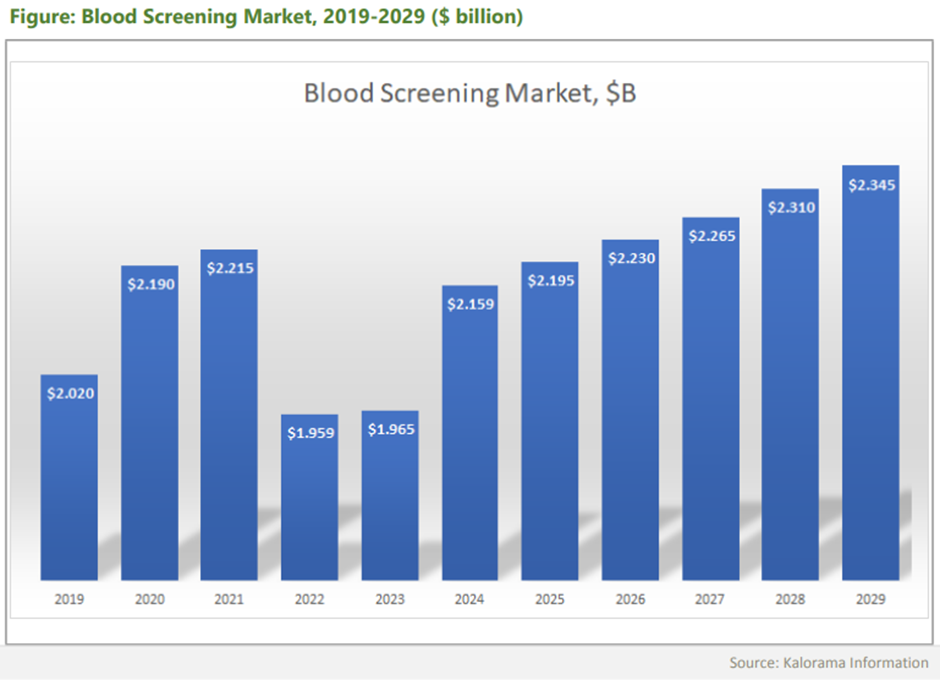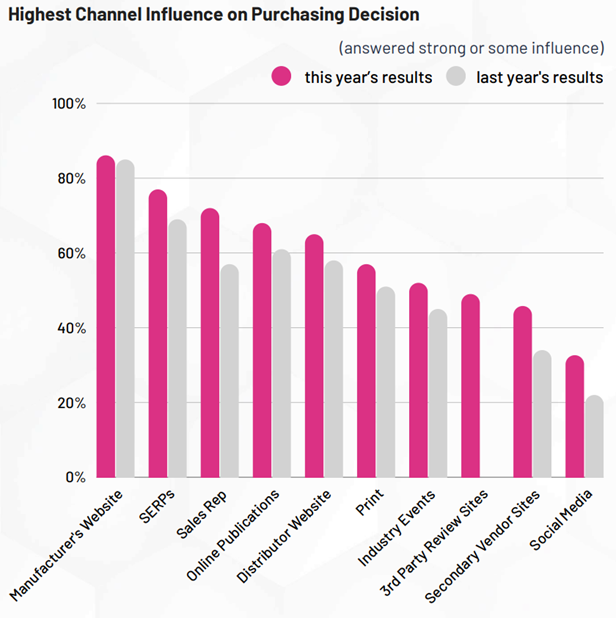What characterises the most successful b2b marketing structure?
Having supported dozens, if not hundreds, of scientific and technical b2b organisations of varying sizes over the last 25 years, we’ve seen and worked alongside numerous marketing structures. From an outside perspective, it can be quite easy to see the benefits and sometimes the pitfalls of different approaches, but adapting them is of course easier said than done. In our experience, the most successful marketing organisations have some or all of the following features:
- Customer-centric: the marketing teams who are regularly out on the road seeing customers, asking questions and generating market insights, are those that often do well when it comes to marketing strategy and the ability to differentiate their products / services. However, if marketing is an add-on responsibility for business owners or stretched sales teams, it can be seriously neglected to the detriment of the business.
- Sales-connected: many modern organisations are merging their sales and marketing teams, encouraging them to work together and even agree mutual goals and KPIs. Those marketers who truly understand the challenges of sales and those salespeople who are excited by the potential power of marketing are generally found in dynamic, fast-growing organisations.
- Agile: in the traditional structure, marketing reports to sales or commercial, which reports to CEO / Board. When marketing has a seat at the top table, the empowerment that comes with that often means marketers can adapt their plans, budgets or strategies as market dynamics change, making them much more likely to be able to demonstrate significant business value. Marketing-led organisations can be very successful, but beware, because if the product or service does not match-up, it is unlikely to work out.
- Integrated: when marketing disciplines are handled by entirely different teams or agencies, then duplication and a lack of coordination can have a negative impact on the brand. Those organisations that integrate their marketing teams and promote collaboration tend to get the most out of their resources. Taking this further, close collaboration with other teams whose work can support marketing (such as IT / data analysis) can really improve business outcomes.
Challenges that can occur when a marketing structure is not optimal can include:
- Inertia: sometimes, complex marketing structures can reduce an organisation’s capacity to market their products or services effectively. Burdensome processes, duplication of roles and complex decision making – often seen in large organisations – can seriously reduce the value that can be derived from marketing resources. Ironically, the more marketing resource you have, sometimes, the smallest amount can be achieved.
- Silos: when marketing is structured by brand/product, segment, geography, or channel, silos emerge where effort is duplicated and, even worse, external communication can be confused or inconsistent. This can also be symptomatic of large or growing organisations, but we have also seen it in smaller ones. The key is to ensure collaboration is built in at every level or stage of business growth. Once the silos are in place, it’s hard to break them down!
- Politics: in some organisations, marketing can be perceived as an internal service function and inadvertently, this can put a question mark over its value. Marketing teams should be driven by external customer and market needs (for the most part) and when marketers are kept behind closed doors, this is when they can become much less effective and therefore less valued.
In our experience, customer-centricity is usually the key to success. As a marketing partner to our clients, we often conduct interviews with their customers which helps them and us to better understand customer needs and to tailor our messages and campaigns appropriately. While there is no ‘one-size-fits-all’, if you are looking to improve your marketing structure, we hope that some of our insights will help you to avoid the pitfalls and embrace the positives.
If you need help with marketing your products or services to complex audiences, contact us.
Louise Reid, Managing Director, The Scott Partnership Group






